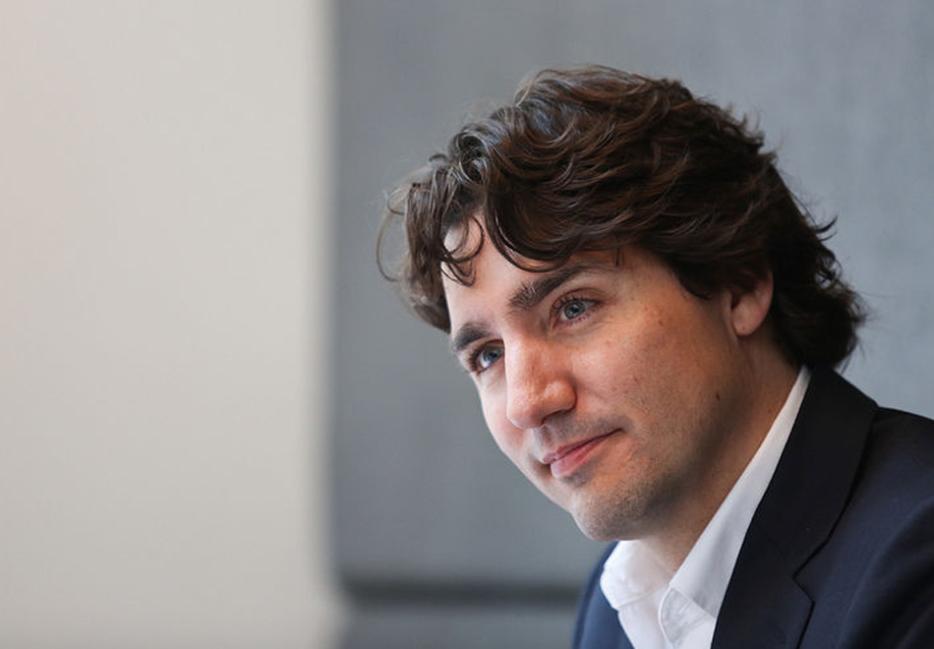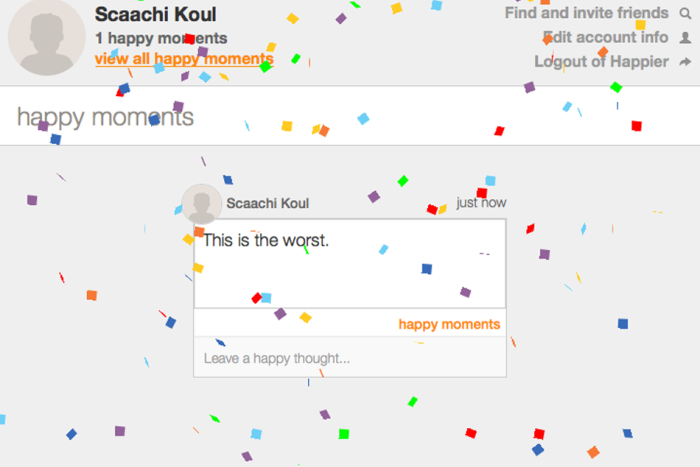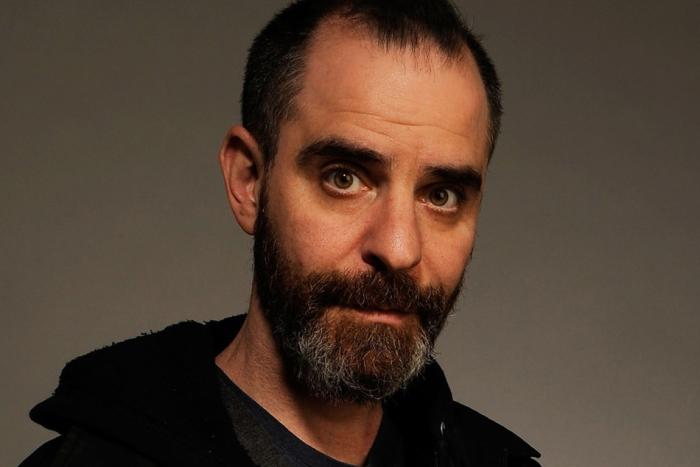Sometimes, the news isn’t actually news; it’s odd that Liberal leader Justin Trudeau made headlines last week after repeating a line he’s been saying since 2012. But the magic seems to be a) Trudeau returned to his view that marijuana should be legalized, not merely decriminalized, and b) this time, people were listening.
Trudeau is, of course, empirically correct. More than 10 years ago the Senate of Canada, that hotbed of radicalism, declared that most of Canada’s history of drug legislation had been driven by “moral panic, racist sentiment and a notorious absence of debate.” With a foundation like that, it’s no wonder that, even in Canada, where the War on Drugs has been less horrible than its US variant, we still have nothing to show for it, other than pot that’s more available than liquor and the massive human tragedy of treating addiction as a crime instead of a mental illness.
After all, the first rule of the drug war is: pretend Portugal doesn’t exist. About the same time as our Senate was uselessly writing a report about how Reefer Madness wasn’t a sound foundation for law, the Portuguese were just getting used to their new status as citizens of Europe’s most liberalized drug state. All personal drug use is decriminalized, bearing the same moral and legal stigma as a parking ticket. And not just pot, either: heroin, cocaine, hashish, and MDMA can all be carried around in small amounts sufficient for personal use.
For their courage, the Portuguese enjoy lower rates of problem drug use than neighbouring Spain. Portugal’s problem drug use is also lower than France and the United Kingdom. If someone were so inclined, they could draw a lesson here about how smaller countries can still adopt humane, sensible policies even when larger, more powerful countries in the neighbourhood may not.
Technically, though, Portugal didn’t legalize anything because, like Canada, they’re bound by the United Nation’s Single Convention on Narcotic Drugs. Article 36 of the treaty requires any signatory country to maintain legal sanctions against the production, distribution, or possession of drugs. And the Single Convention will be one of the biggest hurdles Trudeau or any aspiring champion of sanity and reason will have to overcome if they want to go beyond simply decriminalizing pot. So when the Liberals say they want to legalize and tax marijuana, it’s not as simple as the four words imply—just imagine the US Congress debating what to do to the Rogue State to their north, and how hard to do it.
So we’re pretty far from the world where pot could be treated as simply as wine, which is a bit of a joke when you look at how Canada’s most populous province treats alcohol. For reasons of sentiment and history, Ontario refuses to simply make money off the booze trade like almost any modern state would, by taxing it. Instead, Ontario insists on the most inefficient and expensive way of raising money from hooch: running its own retailer and paying union wages to do it. We’ve practically made our liquor retailer a patriotic totem in this province, which is about what you’d expect from a society that has renamed Queen Victoria’s birthday for the volume of beer we drink.
Whatever else we can say about Ontario’s approach, it has some obviously perverse incentives: Instead of simply increasing the tax on liquor when it wants to raise its income without hitting the sales or income tax button, the government massively expands its network of liquor retailers, making booze more available to drinkers everywhere. Not only does this net less than a simple tax increase would, it’s basically just extending the menu for alcoholics—the exact opposite of sound public health policy.
So it’s nice that the latest Liberal leader is talking sense on at least one of the drugs that white people use and non-whites go to jail for. But we’ve got a long way to go before we can realistically claim to have an evidence-based drug policy in this country.






